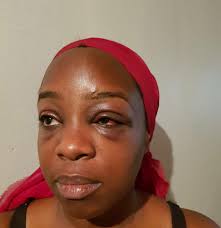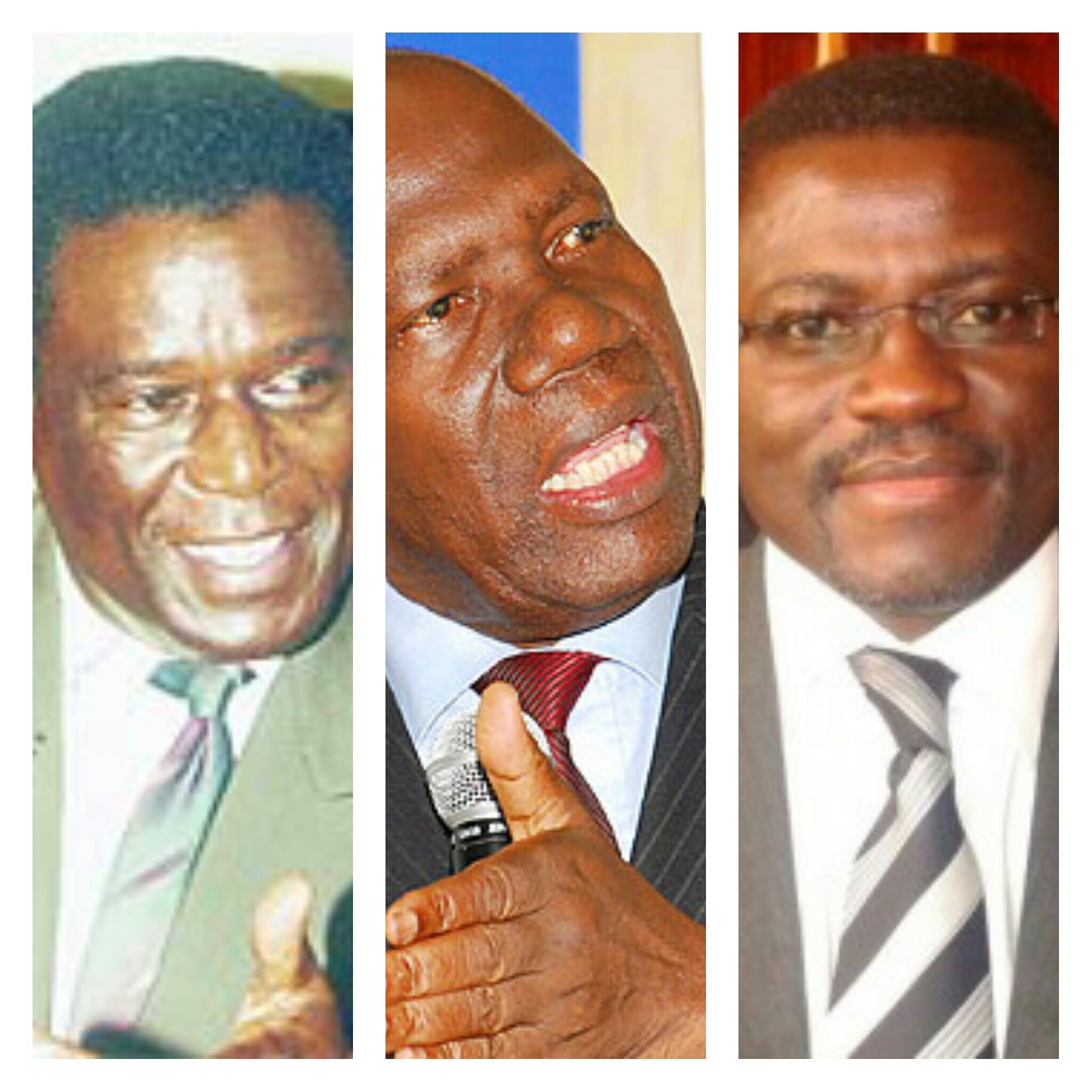Uganda has had many issues in regards to gender based violence and according to the 2014 report from the Ministry of Gender, labour and Social development, it is wide spread in the whole of Uganda as a country.
Gender Based Violence is an umbrella term used to describe any harmful act that is perpetrated against a person’s will on the basis of unequal relations between women and men, as well as through abuse of power. GBV in particular, sexual and physical violence is widespread in Uganda and is mainly committed against women and girls.
Much as the girls and women are the common victims, it notes that it affects all people irrespective of their social, economic and political status because it occurs in families, communities, workplaces and institutions.
The Uganda Demographic and Health Survey (UDHS) 2011 indicate that 56% of women aged between 15 and 49 years in Uganda have experienced physical violence at some point in life, 28% of women in the same age group have experienced sexual violence, compared to 9% of men.
What GBV really is
Ali Male a counsellor at a-z counselling centre says people have a tendency of confusing gender based violence and restricting it to women being battered but they should know that it happens in several other ways that they need to identify in order to avoid being an ignorant victim.
“Gender based violence can be physical or psychological for instance being sexually harassed both at home and work, being denied the right to education, facing dangerous traditional practices, being forced into marriage, battering is the most evident one but this does not sum up the list since people should look out for what they do not agree with,” says Male.
Why it is still an issue
He says the biggest hindrance in curbing the issue is failure of the victims to come in the open to report the case and this is common with the corporate people who feel they will lose respect if they talk about it that is why much of the statistics shows that it is people in the rural areas who are victims.
Rosemary Komuhanda, a worker at MIFUMI says the mind-set is what has led to the prevalence of the crime because the society still believes that women are supposed to be subordinate to men and failure to do so leads to violence.

“When we speak about gender based violence, the women are the first victims to come to mind because they have been subjected to all kind of torture because of the gender inequalities that have stood in the way of the people trying to fight it,” says Komuhanda.
Just like Komuhanda, the ministry of gender report states that Uganda has a strong legislative and policy framework that supports gender equality and women’s empowerment, based on commitments under the Constitution well as other international obligations on gender equality. However, Ugandan society is characterized by strong patriarchal beliefs that value male supremacy and women’s subordination.
Komuhanda says this mostly happens in rural areas where people are still rigid to the old beliefs and men expect the women to do as they say without objecting to it.
What is being done by the authorities?
She says government and organisations are doing their level best to make sure that the victims have places they can seek help and refuge from which has enabled them to do follow ups and have the perpetuators answer for their actions something that has helped fight gender based violence.
She says much as the law is present, some other institutions have not helped fight the crime because there is a lot of corruption which in most cases favours the one who can pay for the services they need for instance Esther Okalany says she failed to get her share of property from her husband because she could not pay the required money for investigation and to date her husband is still possessing them.
She believes that he must have bribed the police personnel who have since then paid a deaf ear to her cries so all she has to do is collect the money so that the investigation can take place.

Asan Kasingye, the assistant inspector general police says that the police is taking the matter seriously that is why most police stations have a department known as the sexual gender based violence and child protection unit which takes on the cases and does all the investigations.
He says if only the problem is solved then allot will be saved for instance the victims o through psychological torture, rejection, have physical effects, children suffer due to broken families, an individual may suffer rejection in the community which affects that peace and development of the individual.
He notes that it will take a collective effort for gender based violence to be erased in the country instead of leaving it to a specific section of the law.
A video analysing the rate of Gender based violence globally




















